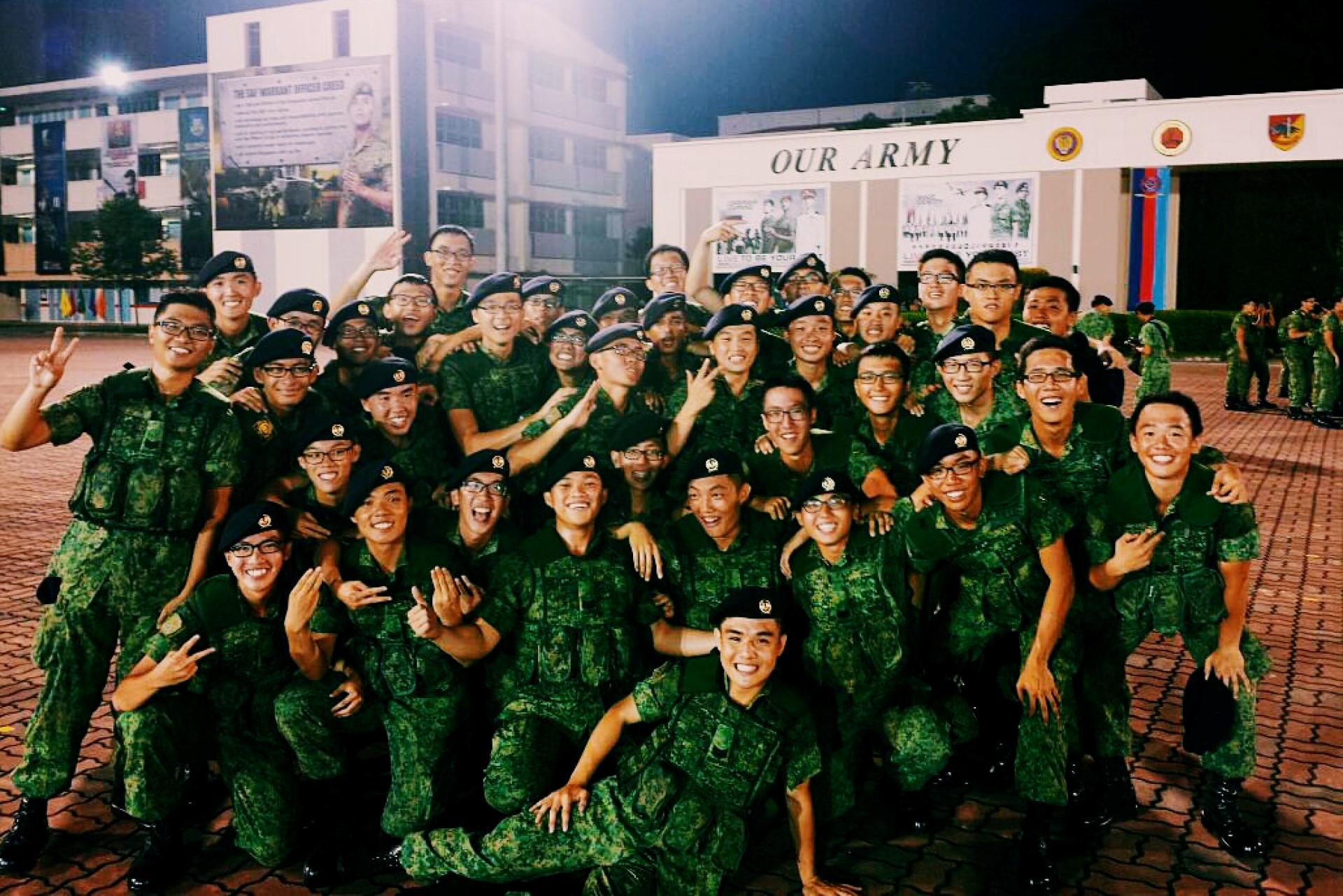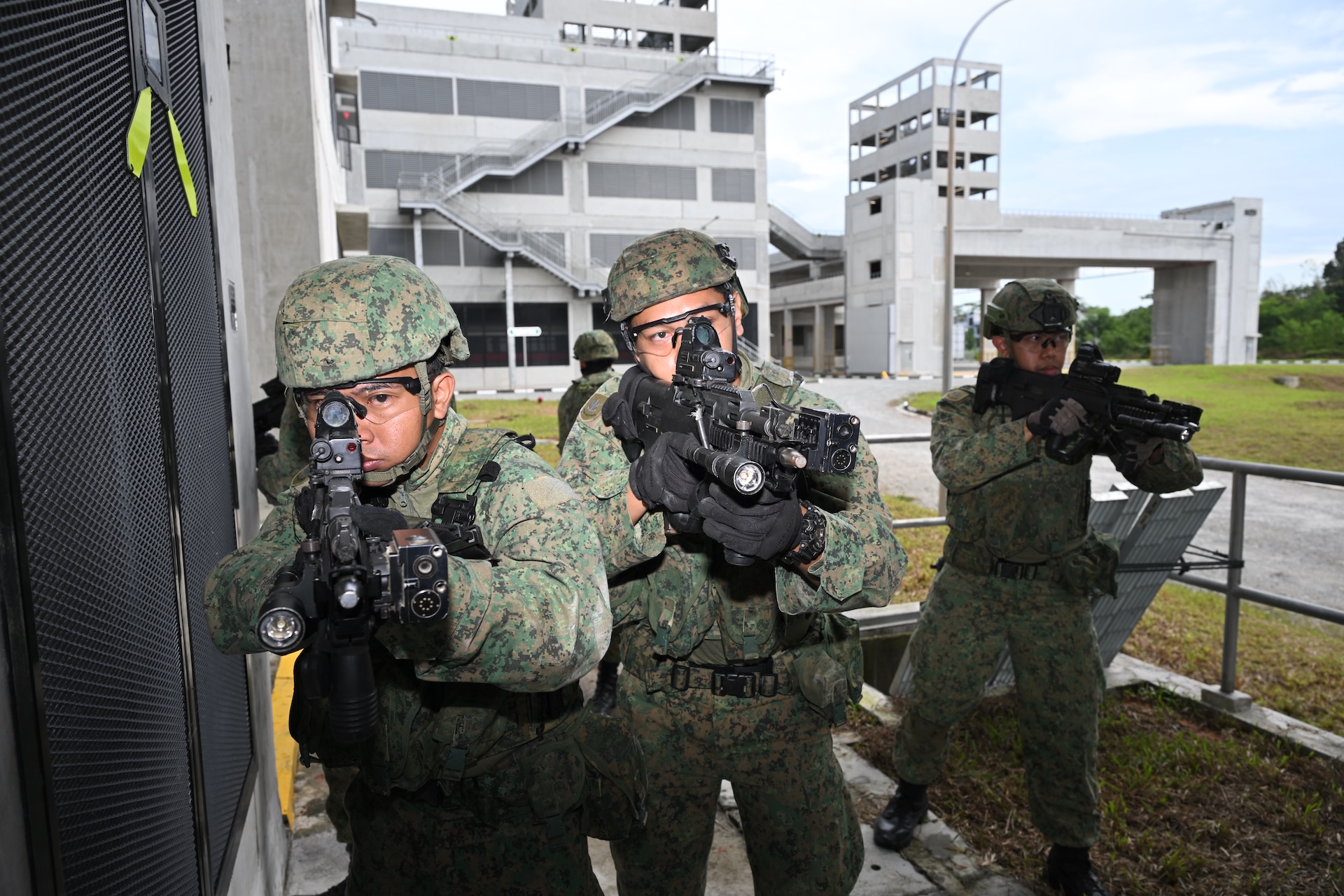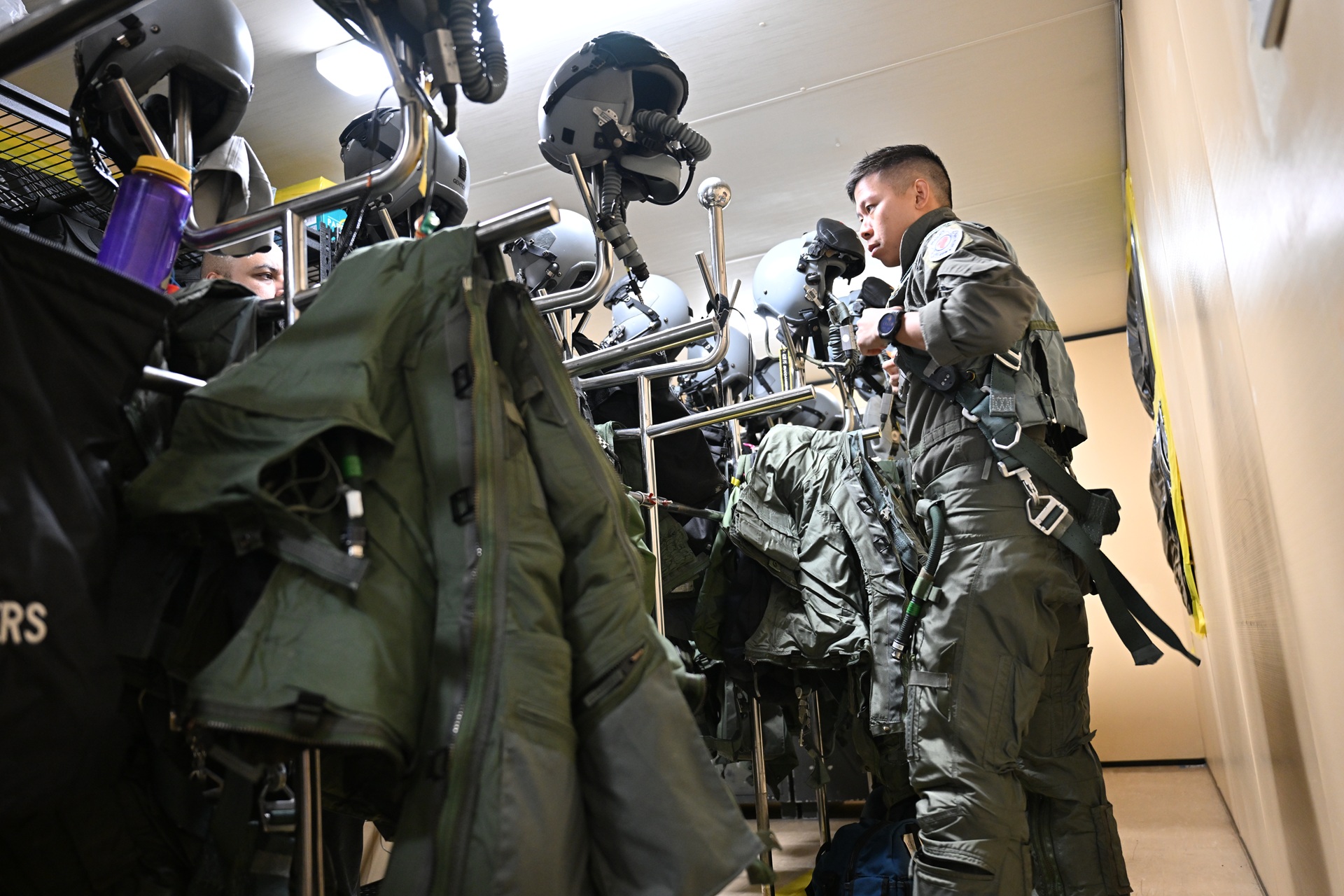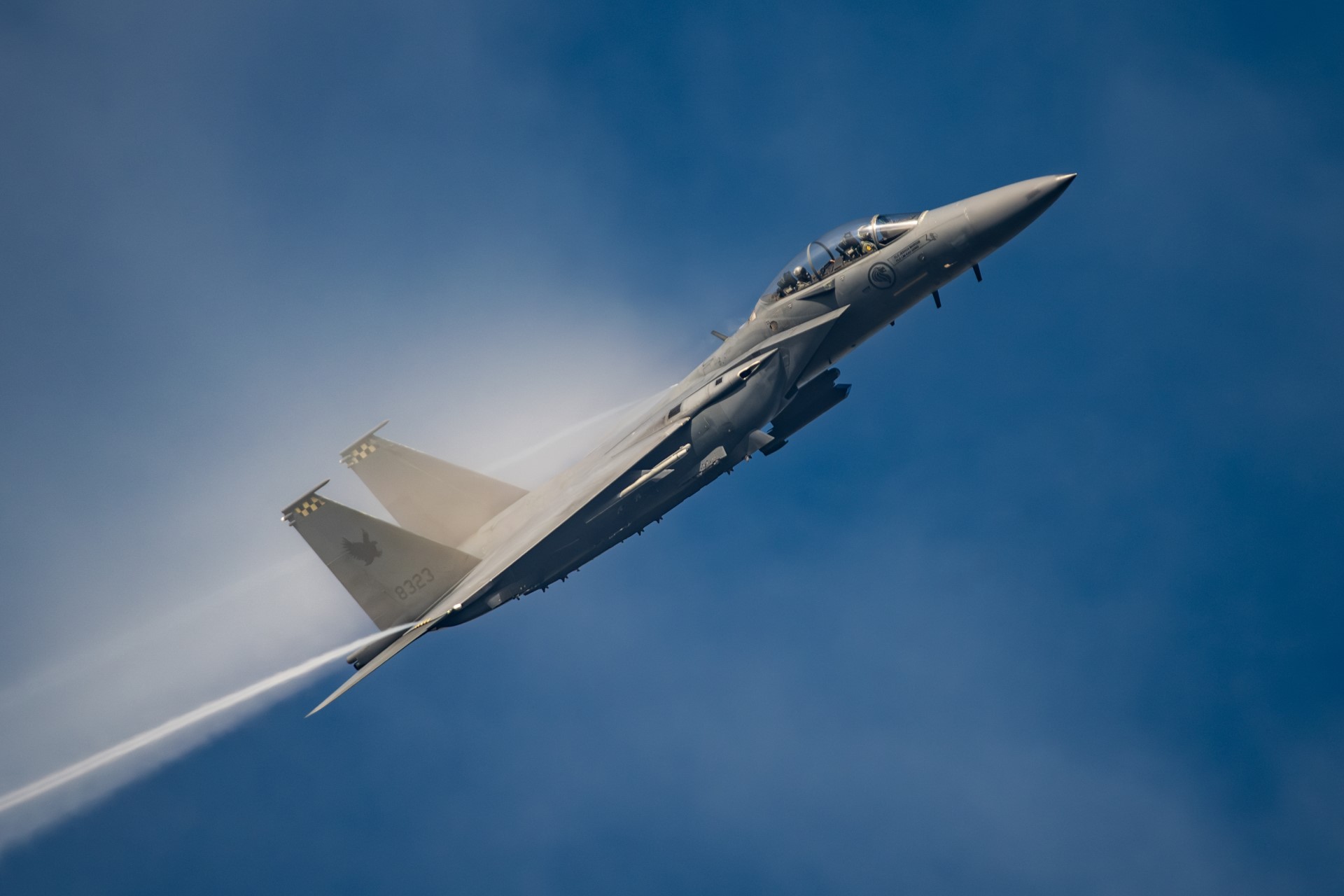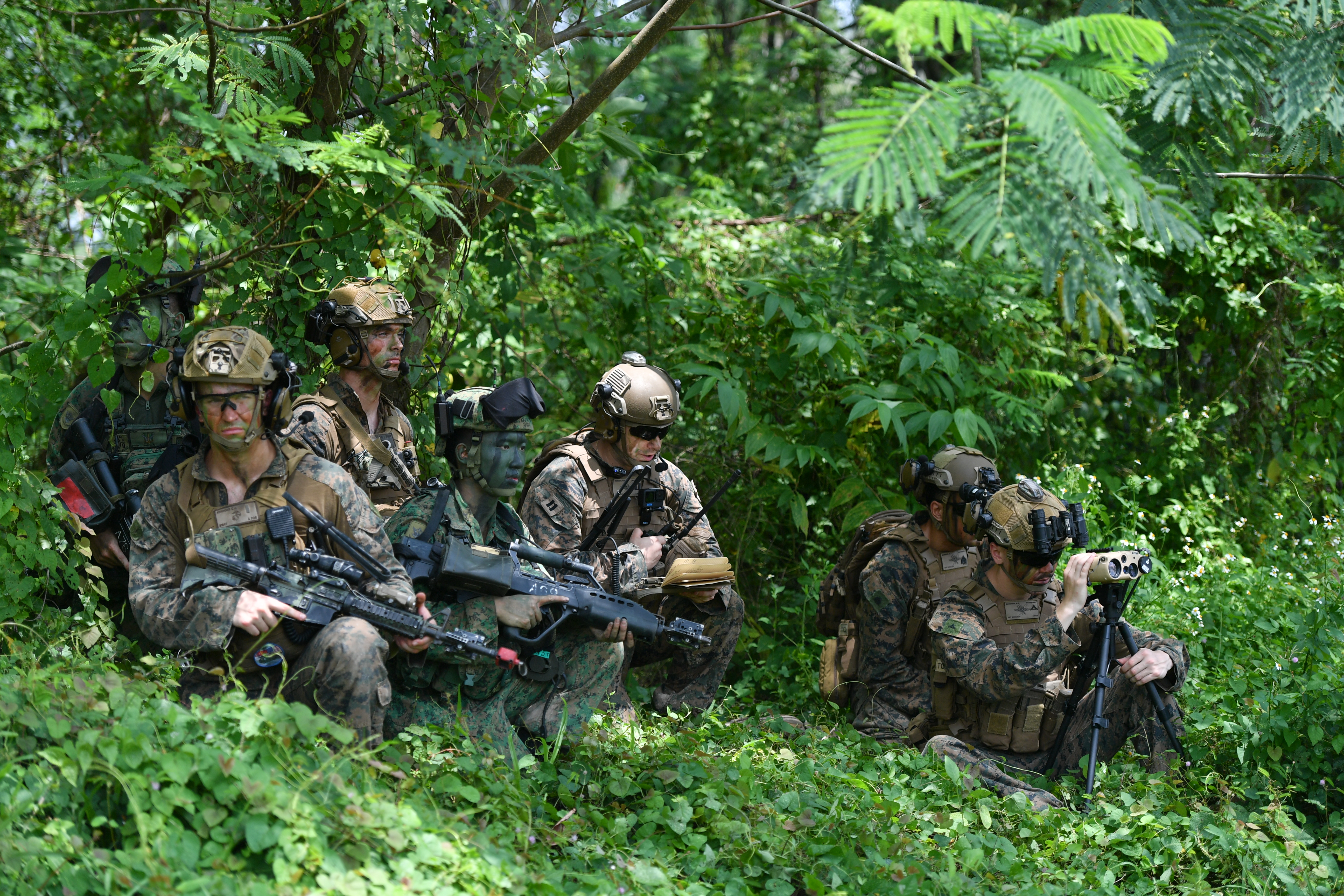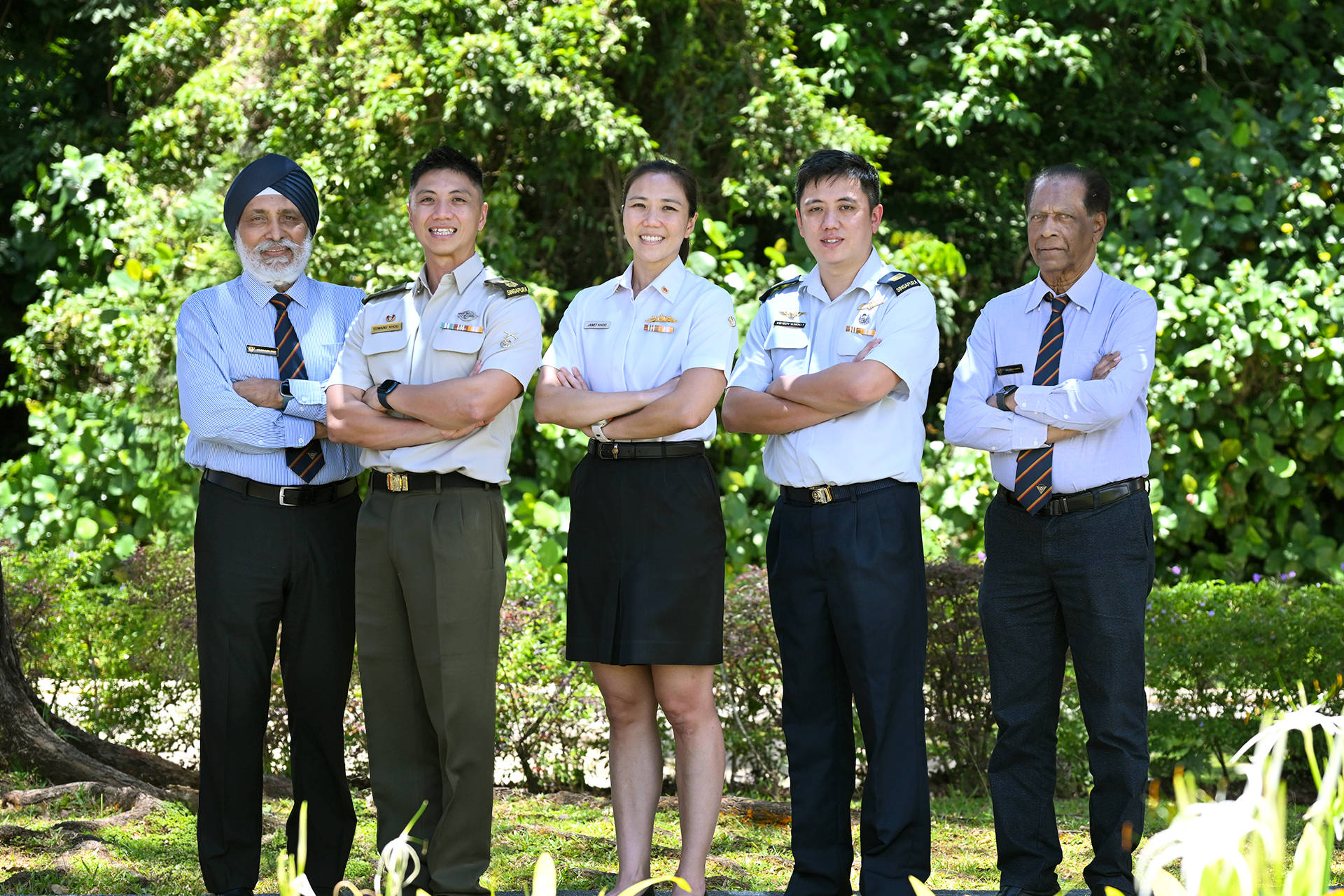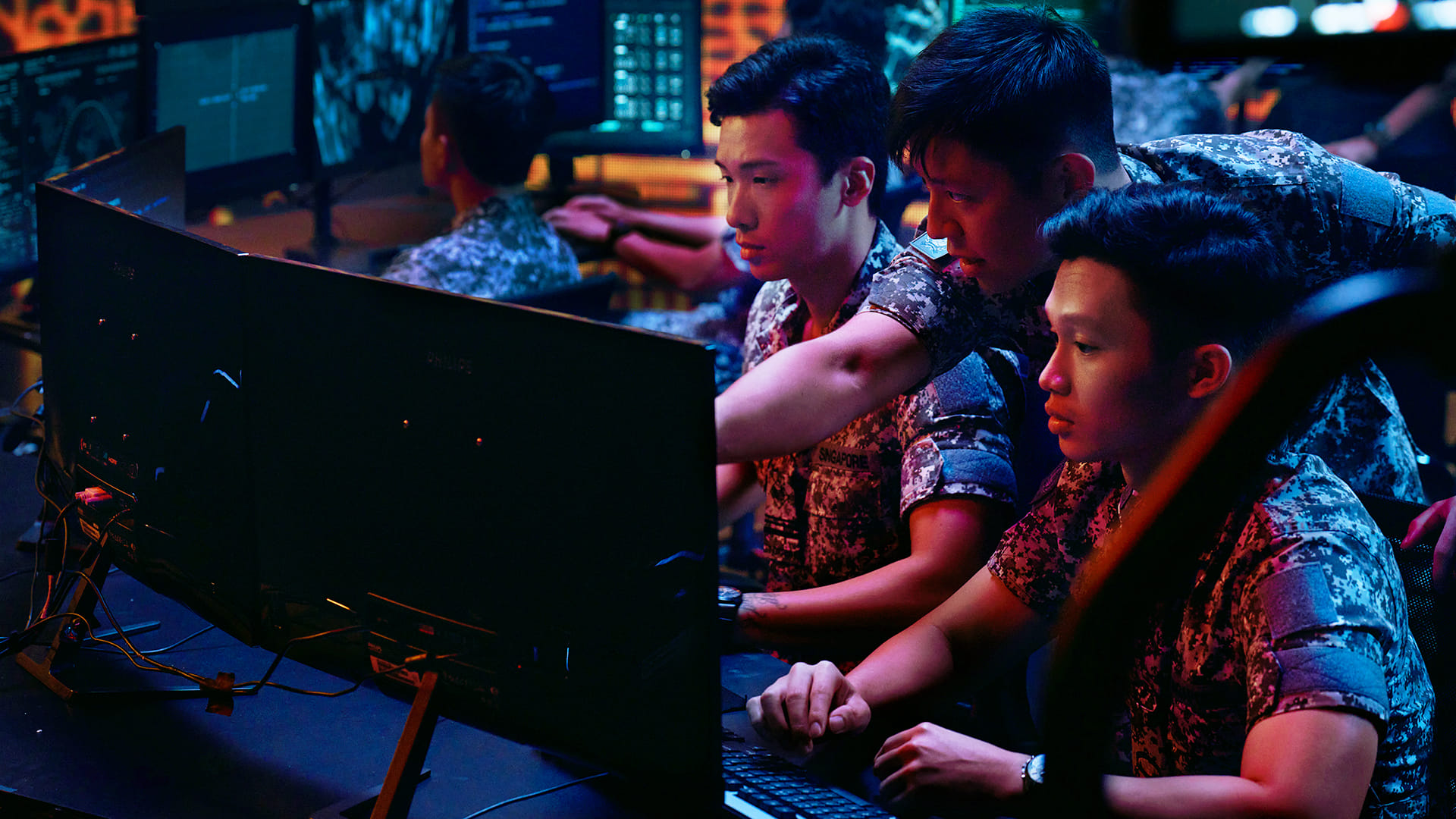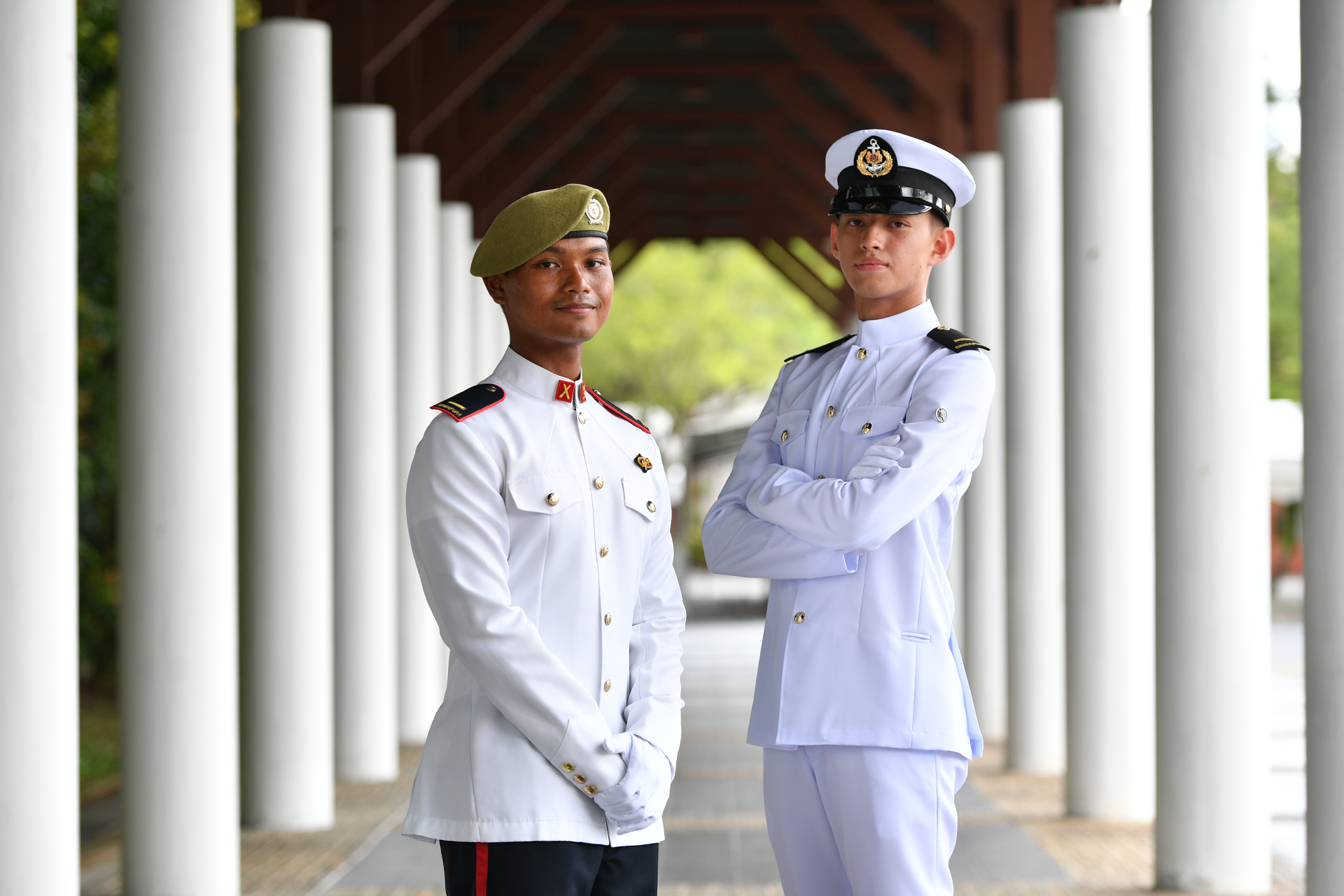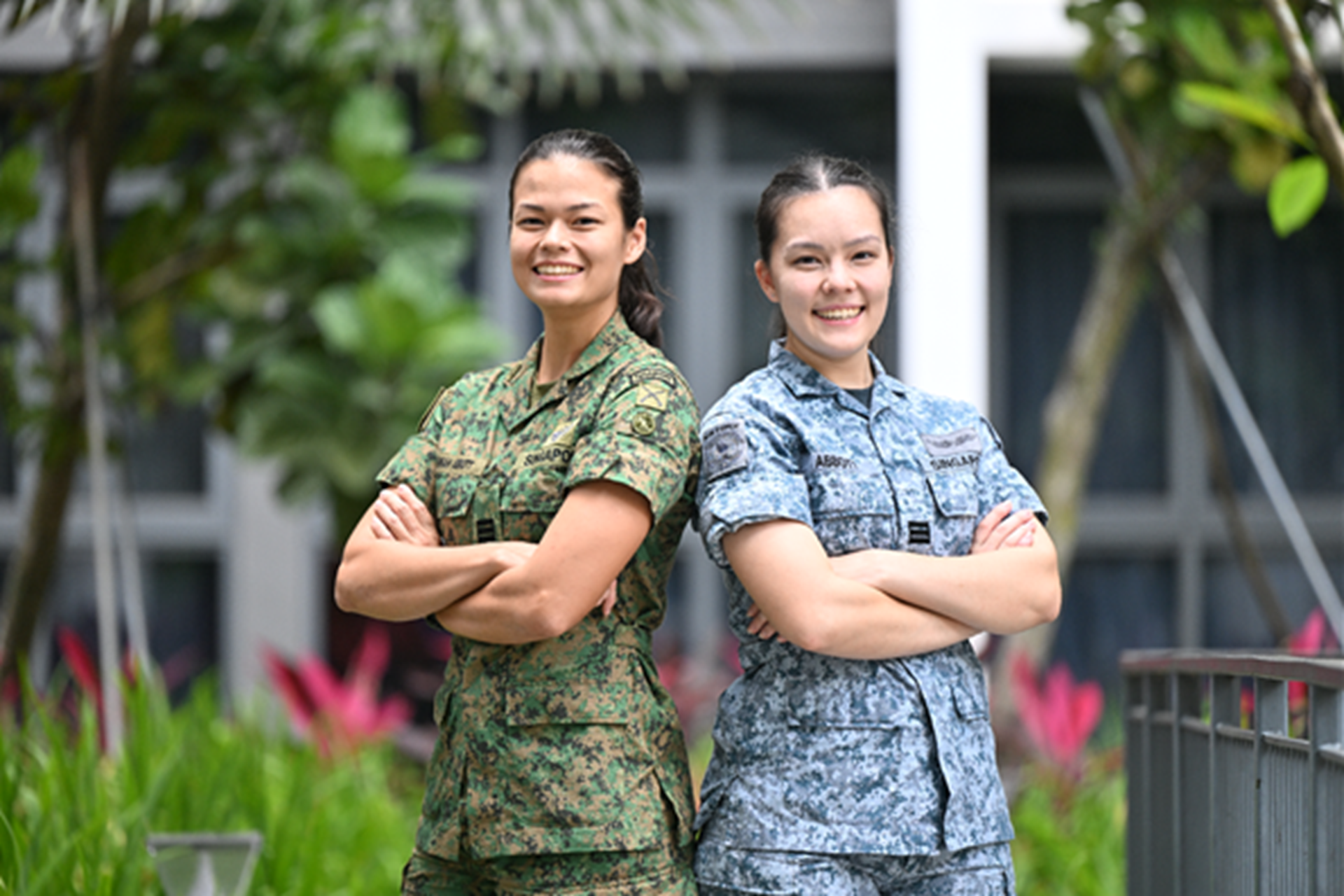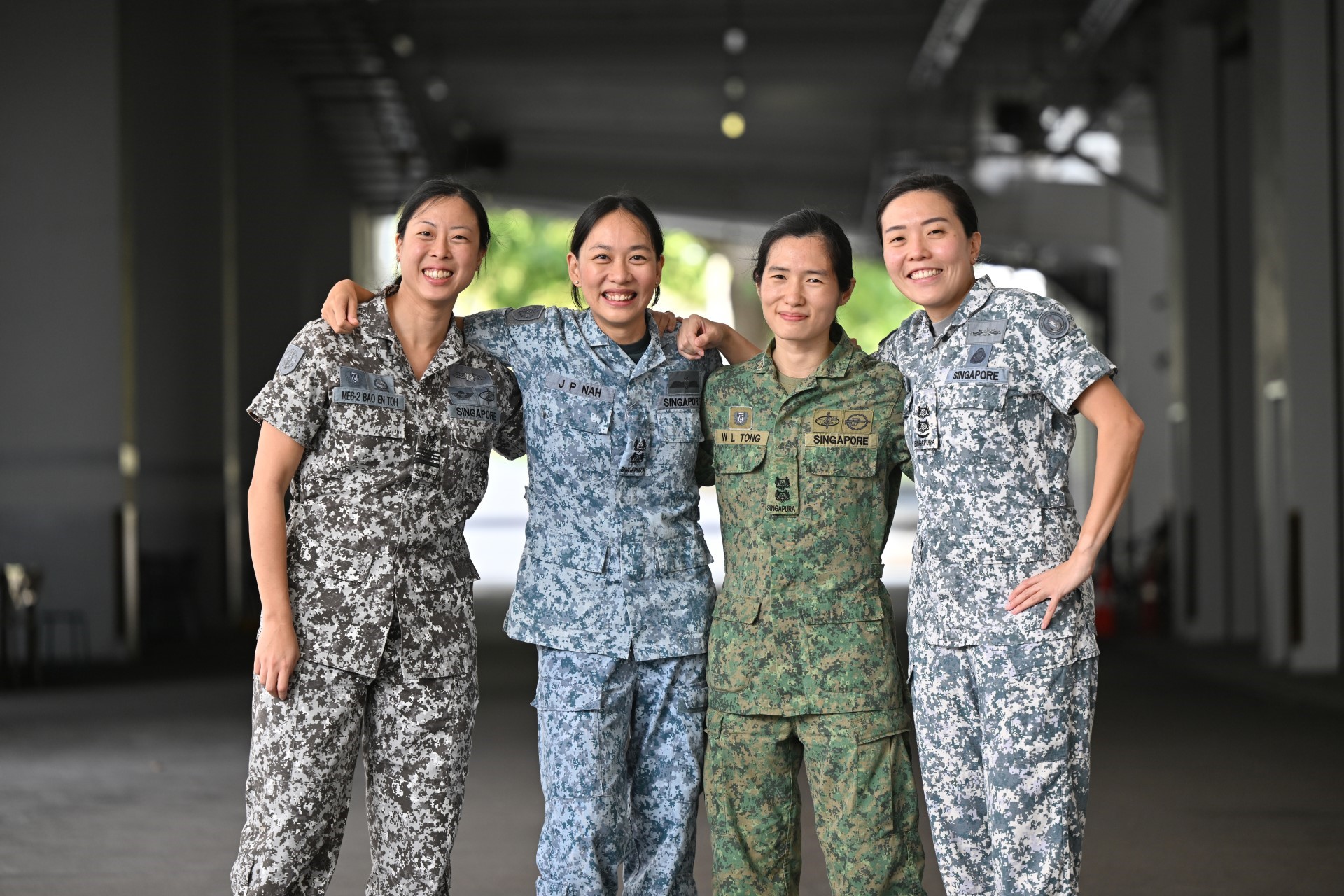NS WAS (NOT) A WASTE OF TIME FOR ME
I remember the day I got back my A-Level results as if it were just yesterday.
It's 5 Mar 2014. The hall is tense. On stage, the principal
announces how this is the best cohort of students, since, well, the
school started operating. It fills me with expectation. Maybe I'm one of
those top scorers.
BBAD news
I walk up and my teacher hands me my results without a word.
My results: B B A D. It almost seems like a bad joke. My dreams of becoming a doctor are crushed.
Maybe this is your experience. You wanted to get into a certain course, and your results didn't allow you to do so.
Two months later, on 5 May 2014, I enlist for National
Service (NS) and find myself on Pulau Tekong for Basic Military Training
(BMT).
Lost and confused
You find yourself in the Army. And you wonder what you should do. You feel lost. Confused. When you scroll through Instagram, you see friends sharing photos of their orientation camps in university.
And you feel stuck. In Army. Like in a time capsule, with nowhere to go, while everyone else races forward with their life goals.
The point of this story isn't to share oh how terrible (or
great) I am. But it's to say that my time in the Army transformed my
future, even though it wasn't the easiest experience.
NS is what you make of it
One of the common complaints about NS is that it's a waste of time. For one, the restrictions around what time you have to book in, what you can do in camp, do make it seem like you can't do many things. But it doesn't mean that you can't do any thing.
What two years of NS offers is a pause. For most of your life, you've been racing to the next academic year, to the next phase of your education, without any time to sit down and wonder: What do I actually want to do with my life? What do I want to learn in these two years?
For me, it was leadership. Being selected as a sergeant initially seemed like a chore, but later, with men under my charge, who were looking to me for advice, I realised this was not a responsibility that could be taken lightly.
I ended up spending many weekends in the public libraries, borrowing books on leadership.
But it wasn't all theory. I was also given the chance to practise the advice within my detachment. My sergeant major and commanding officer would point out how I could lead better, and where I had done wrongly.
Having such a "real-time leadership coach" taught me vital
lessons, like how it wasn't always possible to pick the best decision,
but the more important thing was to execute this decision well.
NS is not that restrictive
Some complain that with the many rules, such as booking in before Sunday night, or not being able to book out every night (if you're a stay-in personnel), you cannot do many things in NS.
While it's true that the initial phase of BMT can be packed, I found myself with some free time during the weekends in Specialist Cadet School.
I spent this time volunteering with MINDS Youth Group, a volunteer group which organised weekend activities for people with learning disabilities. We would organise things like outings, arts and crafts, or games for them.
Two projects I later took on was organising a 3-day, 2-night camp for 50, and a family day for 320 caregivers, beneficiaries and volunteers.
It was no walk in the park to organise these volunteer activities. Often, I spent my break time answering messages and coordinating work. During my nights out, I would go to a friend's home nearby to use his computer and send out meeting minutes – in our time, we weren't allowed to bring laptops into camp.
But it was all worth it.
One of the most touching moments came when a beneficiary made his own sandwich from scratch. His parents never allowed him to touch the pots, as they were worried that he would hurt himself.
But at this event, he boiled his own eggs, scrambled them,
and made his own scrambled egg sandwich. He even designed his own
cupcake!
Getting more out of NS
As cliche as this sounds, NS is what you make of it.
I remember the day I ORD-ed. The day came when we were ushered into this room, and we were supposed to identify our pink Identity Cards (ICs). Finally, at long last! We found our ICs!
But the future was filled with uncertainty for me, because I still didn't know what to do with my life. I remember sharing this with my officer.
He gently told me: "John, it's not that you don't know what to do. It's that you don't dare to do."
The transition from NS to civilian life was rough.
For weeks, I binged on cakes, cookies and chocolates, trying to fill the deep, gnawing emptiness within me. I didn't love NS, but it had given a structure to my days. Now, I had none.
After a while, I remembered the discipline of exercise routines from NS. I started swimming every morning.
I remembered the importance of working hard, even at things I didn't like doing, and how that taught me perseverance.
I became a waiter. Then a friend from NS connected me with his mum's tuition agency. I started teaching. And I kept applying for courses, and scholarships.
On 17 Apr 2016, I was awarded an overseas scholarship to study social work in the United Kingdom. The panel had been impressed with my commitment to volunteerism, even during NS.
This seems like a nice, tidy ending to the struggle I faced.
But it wasn't easy. And if there was one thing I learnt over NS, it's this: It's not what the experience makes of you. It's what you make out of the experience.
You will see this often in NS. While some enlistees choose to complain, there are others who choose to keep their head down, and make the best of the situation.
What will you make of your remaining days in NS? Whatever that looks like for you, it will be worth it.
Story contributed by 3SG (NS) John Lim; for more about him and his work: www.liveyoungandwell.com/blog
